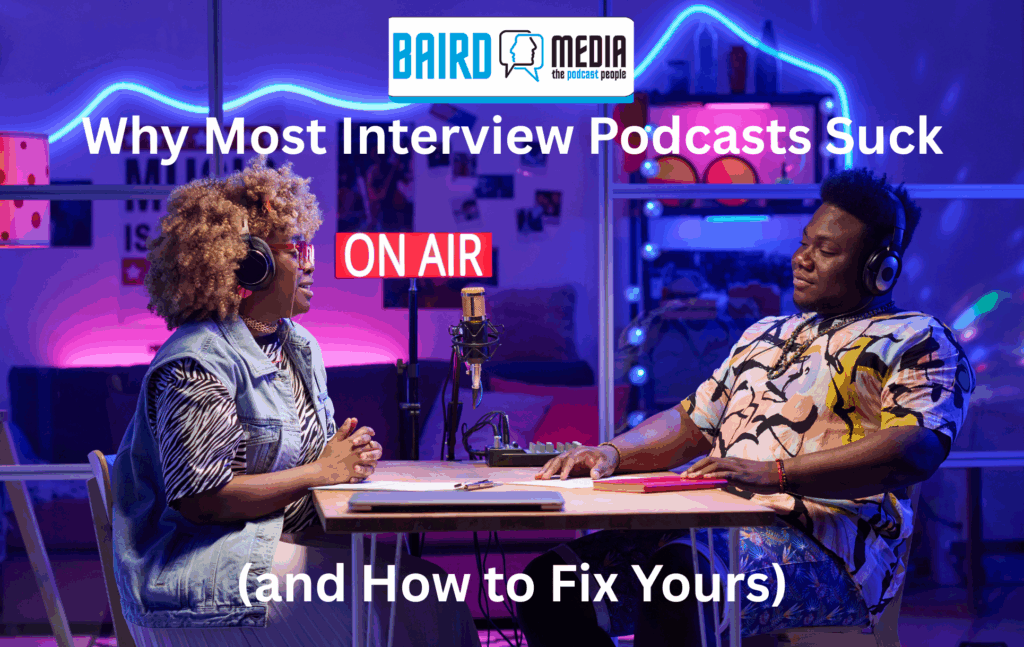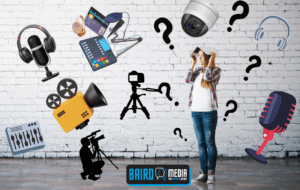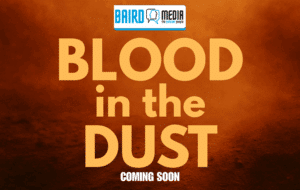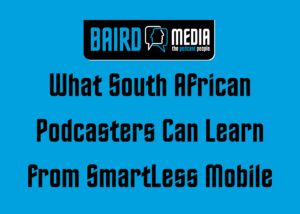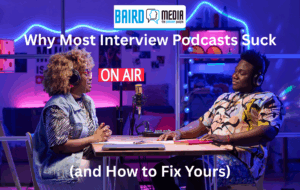
Why Most Interview Podcasts Suck (and How to Fix Yours)
In this brutally honest (and slightly sarcastic) breakdown, I unpack why most interview podcasts fail and exactly how to fix yours. From lazy questions to rambling intros, weak editing to forgettable guests, this is your no-fluff guide to making interviews worth listening to.

